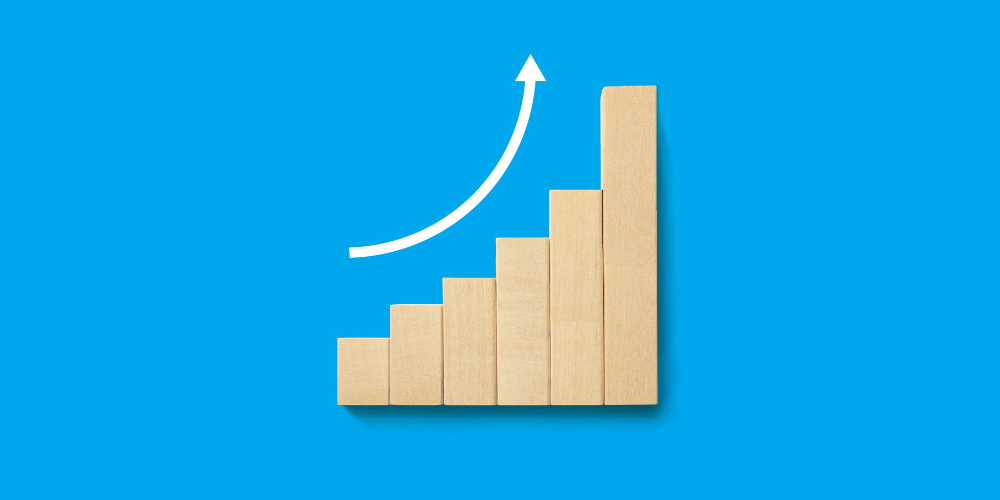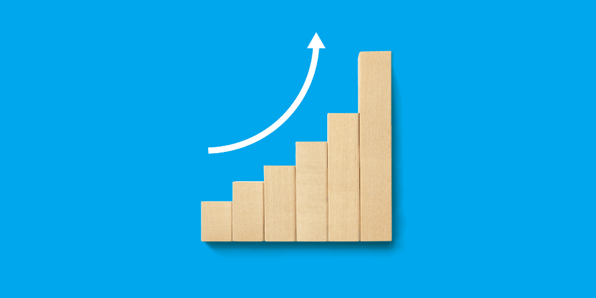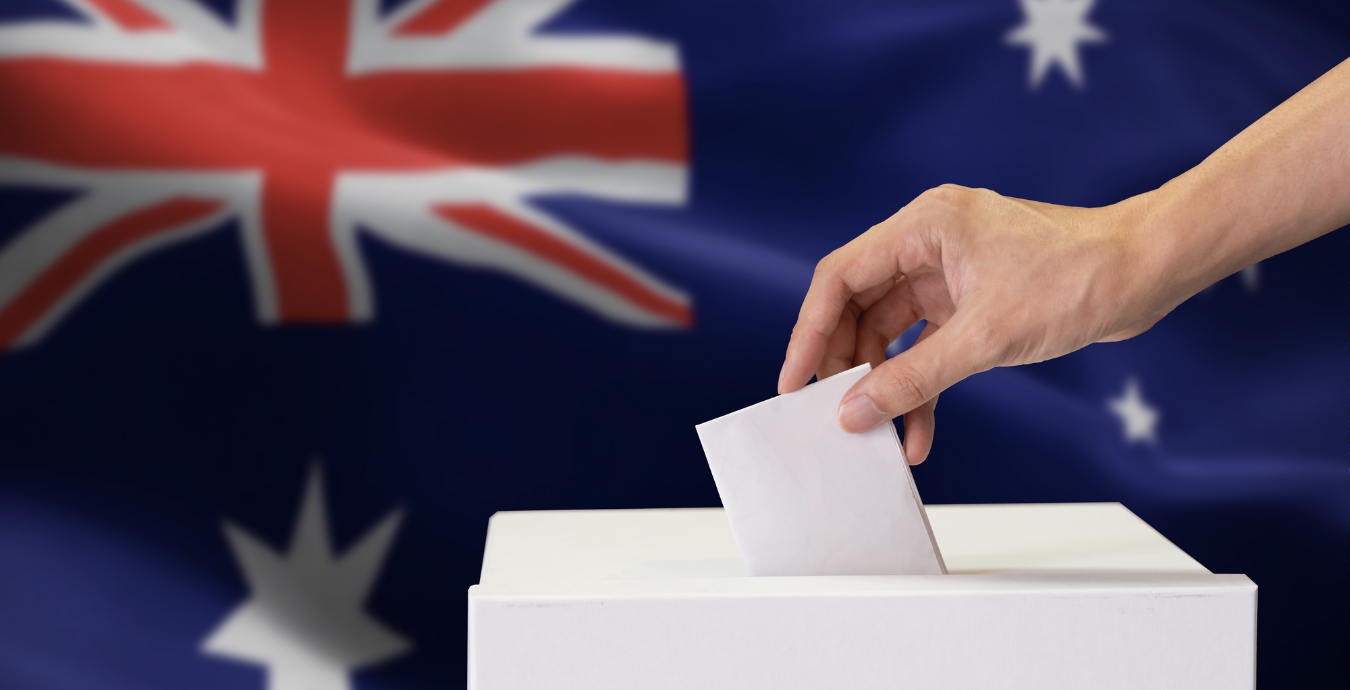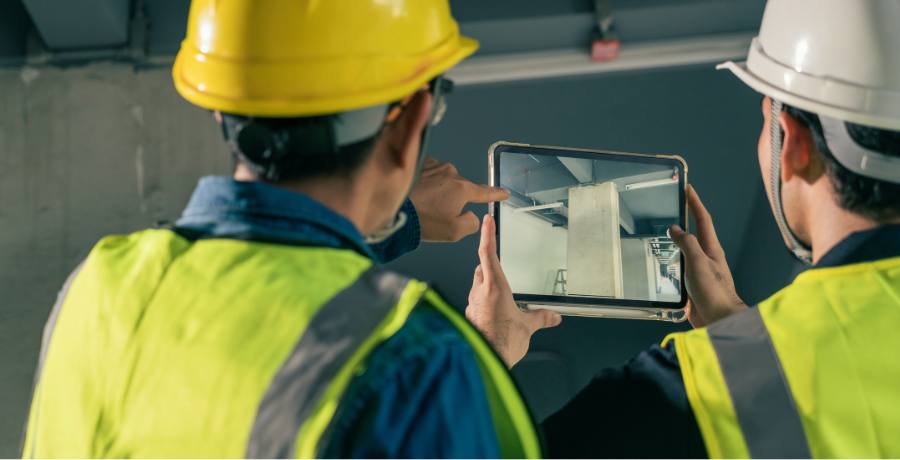
The tendering industry in Australia and New Zealand is continuously evolving, driven by advancements in technology, changing regulations, and shifting market dynamics. As organisations strive to improve efficiency, transparency, and competitiveness, it is crucial to stay ahead of emerging trends that will shape the industry in the coming years. In this article, we explore key future trends to watch out for in the tendering industry in Australia and New Zealand.
1. Sustainability and Social Procurement Take Centre Stage
Sustainability and social procurement will play a central role in tendering practices. Organisations will prioritise bids demonstrating environmental responsibility, carbon reduction strategies, ethical sourcing, and community engagement. Australia and New Zealand are committed to sustainable development goals, and tendering processes will increasingly integrate sustainability, diversity, and social impact criteria.
2. Data-Driven Decision Making with Big Data and Analytics
-
Evaluating supplier performance
-
Monitoring contract compliance
-
Assessing financial risk
-
Identifying cost-saving opportunities
By harnessing data insights, organisations can identify trends, enhance competitiveness, and enable the identification of opportunities for improvement.
3. Artificial Intelligence and Automation in Procurement
Artificial Intelligence (AI) and automation will revolutionise the tendering industry. These technologies are already being used to:
-
Automate form-filling and document handling
-
Analyse and rank bid submissions
-
Flag non-compliant responses
-
Generate bid summaries and risk profiles
Automation speeds up the process for buyers, while suppliers benefit by saving time on repetitive tasks and focusing on high-quality, strategic content.
4. Stronger Supplier Relationships and Early Engagement
Future procurement will prioritise collaboration between buyers and suppliers. Early engagement, innovation partnerships, and co-design of solutions will become more common, especially in sectors like construction, IT, and infrastructure. Tenders may include more opportunities for:
-
Pre-market engagement
-
Supplier feedback loops
-
Joint innovation proposals
5. The Continued Rise of Digital Tendering Platforms
The use of e-tendering platforms in Australia and New Zealand continues to grow. These digital systems allow buyers to manage the entire procurement lifecycle online, including:
-
Document submission and version control
-
Online Q&A
-
Digital contract execution
Platforms like AusTender, and Australian Tenders help suppliers stay up to date with alerts and streamline their submission workflows.
6. Agile Procurement and Flexible Frameworks
Traditional procurement practices will give way to more agile and flexible approaches. Agile procurement methodologies will enable organisations to respond quickly to changing market conditions, adapt to project requirements, and harness innovative solutions. Agile frameworks, such as agile procurement, lean procurement, or design thinking, will gain popularity, allowing for iterative and collaborative tendering processes.
7. Cybersecurity Becomes a Tender Requirement
As digital platforms become more prevalent, cybersecurity will be a top priority. Organisations will invest in robust cybersecurity measures to protect sensitive information, prevent data breaches, and ensure the integrity of tendering processes. Strong encryption, secure communication channels, and ongoing cybersecurity training will be crucial to maintaining trust and safeguarding data.
Expect to see requests for:
-
Cybersecurity certifications (e.g. ISO 27001)
-
Data protection policies
-
Breach response plans
-
Secure file sharing practices
Stay ahead of the latest IT security tenders to get a better idea of what's expected in cybersecurity.
8. Embracing Blockchain Technology
Blockchain technology will gain traction in the tendering industry, particularly in areas such as supply chain management and contract execution. Blockchain offers enhanced security, transparency, and traceability, reducing the risk of fraud and ensuring the integrity of tendering processes. Smart contracts powered by blockchain will automate contract enforcement and facilitate efficient payment mechanisms.
9. Constantly Evolving Procurement Regulations
Both Australia and New Zealand are regularly updating their procurement and tendering legislation. Key areas to monitor include:
-
Social procurement and Indigenous participation
-
Anti-slavery and ethical sourcing policies
-
Fair competition and transparency requirements
-
Sustainability and climate accountability clauses
Suppliers must stay informed and adjust their compliance documentation accordingly to avoid disqualification and gain a competitive edge.
Final Thoughts
The tendering industry in Australia and New Zealand is entering a transformative phase. Suppliers who embrace digital tools, sustainability practices, and collaborative mindsets will be best positioned to succeed.
Key Takeaways:
-
Integrate sustainability and social impact into your bids
-
Leverage data and automate where possible
-
Invest in cybersecurity and compliance
-
Stay ahead of regulatory updates
-
Use platforms like Australian Tenders to track and respond to opportunities quickly
Australian Tenders provides this service at the highest value on the market, and your account manager makes sure your alerts are set up correctly so you never miss a tender. These services can be handy for ensuring you see all business opportunities and monitoring your industry market. Start searching today!





